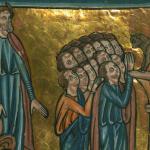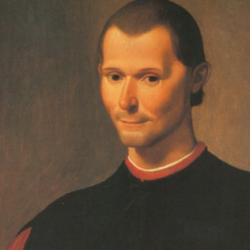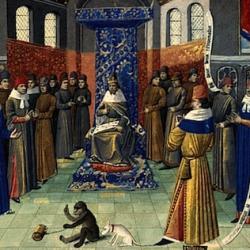Eric Cohen puts his finger on one of the glaring flaws of Patrick Deneen’s recent Why Liberalism Failed. Deneen’s is a strangely ahistorical account of liberalism:
“Deneen treats American society as if it is simply a Lockean (or Madisonian) abstraction. For a book that celebrates the importance of particular peoples—with histories and heroes, stories and songs, rituals and traditions—it is remarkable how little attention Deneen pays to the real American story. Yes, liberal ideas informed the American founding; and yes, modern American culture evinces many of the degradations of advanced liberal society that Deneen so ably observes. But Deneen’s cold abstraction is not the American story. We are a nation that remembers (or could be reminded of) the cracked bell in Philadelphia emblazoned with a passage from Leviticus; Washington’s heroic crossing of the Delaware; Hawthorne’s mythic house of the seven gables on the waters of Salem; Lincoln’s log-cabin origins and soul-shaping rhetoric; the huddled masses entering through Ellis Island; the Jewish woman whose poetry adorns our Statue of Liberty and the rabbi who arrived as an American chaplain when Hitler’s concentration camps were finally liberated by American force of arms.”
It’s remarkable that a book describing the degeneration of American politics would fail to highlight the role of the civil war. Deneen writes as if all our present discontents grew, naturally and smoothly, from seeds planted in 1776 or 1789.
This runs against Deneen’s most basic instincts. Cohen’s judgment is severe: “To reduce America to mere liberalism is a crime against memory being committed by a thinker whose aim is to elevate our memories and our attachments.”












